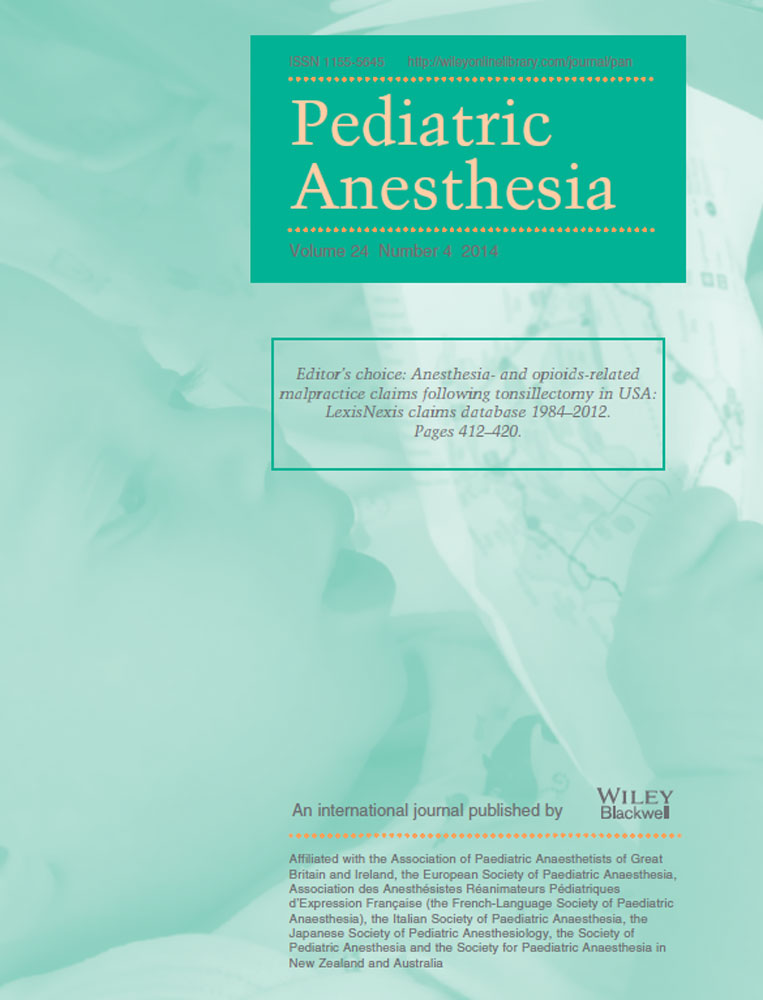The effects of dexmedetomidine on early stage renal functions in pediatric patients undergoing cardiac angiography using non-ionic contrast media: a double-blind, randomized clinical trial
Summary
Background
In this study we aimed to investigate the effects of dexmedetomidine on early stage renal function in pediatric patients undergoing cardiac angiography.
Methods
60 pediatric patients between 6 and 72 months of age undergoing cardiac angiography were included in the study. Patients were divided into two groups. The patients in both groups were administered 1 mg·kg−1 ketamine, 1 mg·kg−1 propofol as bolus and followed by 1 mg·kg−1·h−1 ketamine and 50 μg·kg−1·min−1 propofol infusion. Additionally, a loading dose of 1 μg·kg−1 dexmedetomidine given over 10 min followed by 0.5 μg·kg−1·h−1 dexmedetomidine infusion to patients in group D. The patients were evaluated for NGAL, creatinine, renin, endothelin-1, TAS and TOS blood levels before the procedure and 6th and 24th h after the procedure. pRIFLE criteria were used to define CIN and its incidence in the study.
Results
According to pRIFLE criteria contrast-induced acute kidney injury developed in 3 (10%) of the patients in group D and 11 (36.7%) of the patients in group C (P = 0.029, risk ratio = 0.27; 95% CI: 0.084–0.88). In patients who developed CIN, Endothelin-1 levels in groups C and D were significantly higher than baseline levels at 6th, 24th and 6th h, respectively. Renin levels were significantly increased at 6th and 24 th h in patients with CIN in both groups.
Conclusions
Dexmedetomidine may be beneficial in protecting against contrast-induced nephropathy during pediatric angiography by preventing the elevation of vasoconstrictor agents such as plasma endothelin-1 and renin.




